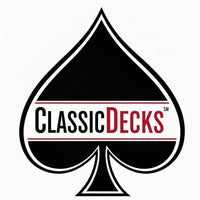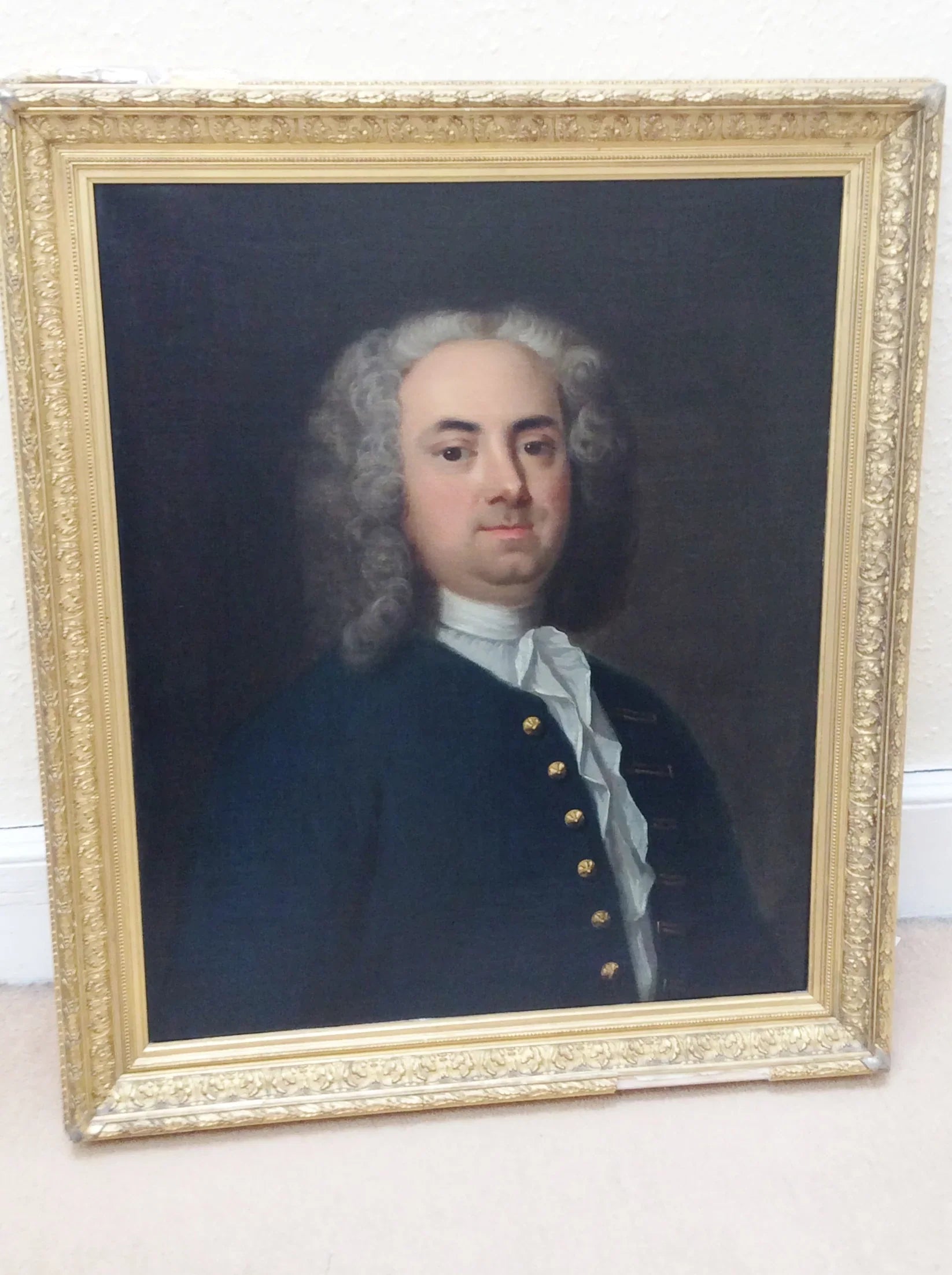Edmund Hoyle, born in 1672 in England, is a name etched in the history of card games as the ultimate authority on rules and strategy. While much of his early life remains shrouded in mystery, records suggest he was born in Yorkshire and trained as a barrister, a profession that demanded precision and logic—qualities that would later define his work in gaming. By his 30s, Hoyle had moved to London, immersing himself in the vibrant social scene of coffee houses and gaming parlors where card games like whist flourished among the gentry.
In the early 18th century, whist was a wildly popular trick-taking game, but its rules varied widely, leading to disputes and confusion. Hoyle, a skilled player and keen observer, saw an opportunity. By the 1740s, he had established himself as a whist tutor in London, coaching the elite and codifying the game’s rules. His lessons were in high demand, as whist was not just a pastime but a social ritual in Georgian England, played in aristocratic drawing rooms and bustling taverns alike.
Hoyle’s rise to fame came in 1742 with the publication of A Short Treatise on the Game of Whist. This slim volume, priced at a steep guinea, was a groundbreaking work. It was the first to systematically analyze card games, blending probability theory with strategic advice for optimal play. Hoyle’s treatise wasn’t just a rulebook; it was a masterclass in logic and foresight, teaching players how to calculate odds and outwit opponents. The book sold out rapidly, prompting multiple editions and expansions to cover other games like backgammon, piquet, chess, and quadrille.
Hoyle’s influence extended beyond his lifetime. His works were pirated and republished widely, and by the mid-18th century, “Hoyle’s Rules” became the gold standard for gaming disputes across England and beyond. His methodical approach standardized gameplay, reducing arguments and transforming card games into structured, respectable pursuits. By the time of his death on August 29, 1769, in London at age 97, Hoyle’s name was synonymous with expertise, inspiring the phrase “according to Hoyle,” meaning adherence to the official rules. His legacy endured as later publishers, like Thomas Osborne, continued to update and distribute “Hoyle’s Games,” cementing his impact on gaming culture.
Hoyle’s name also became synonymous with quality playing cards. Although Hoyle himself did not manufacture cards, his authority inspired the creation of “Hoyle” branded decks. In 1927, Brown & Bigelow, a Saint Paul, Minnesota-based company known for promotional products, began producing Hoyle playing cards, capitalizing on his reputation for standardized gameplay. These decks, featuring iconic designs like the shell back and the distinctive Hoyle joker—a colorful jester with an optical illusion face—became a major competitor to other brands like Bicycle. Brown & Bigelow’s Hoyle cards, often accompanied by rule booklets inspired by Hoyle’s works, were celebrated for their durability and clarity, making them a favorite for games like whist, poker, and bridge. In 2001, the United States Playing Card Company (USPCC) acquired Brown & Bigelow’s playing card division, including the Hoyle brand, continuing its legacy with both paper and plastic decks. Today, Hoyle playing cards remain a symbol of quality and tradition, directly tied to the man who codified the rules of card games.
At ClassicDecks.com, we’re inspired by Hoyle’s legacy of precision and passion for card games. As we prepare to launch our collection of timeless card decks, we’re channeling his spirit to bring you decks that honor the games he made famous, crafted with the same attention to quality as the iconic Hoyle-branded cards. Stay tuned for our grand opening and get ready to play by the rules!

